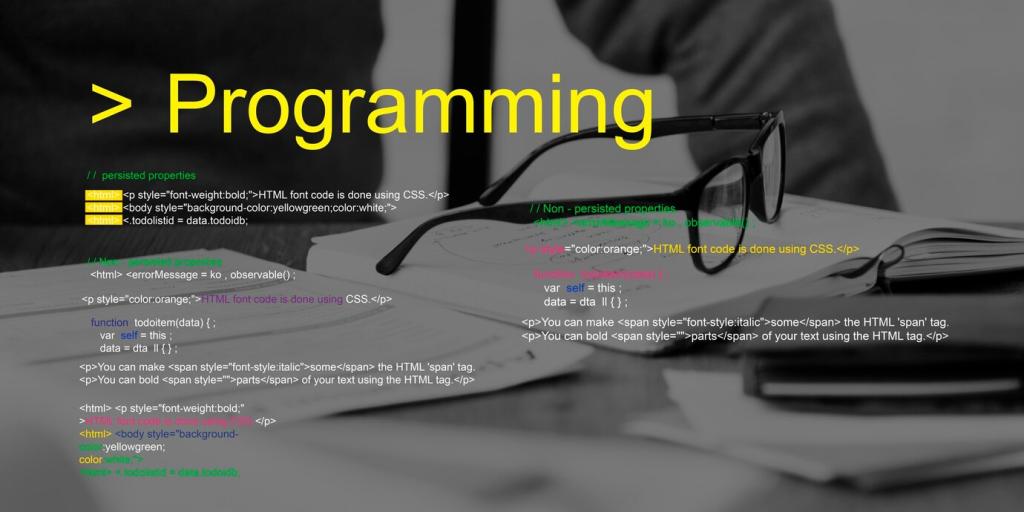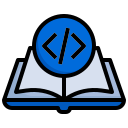Simple Projects for Programming Beginners
Programming is an exciting and powerful skill that opens the door to countless possibilities. If you’re new to coding and eager to put your skills into practice, simple projects are a fantastic way to learn. These projects help you understand basic concepts, build confidence, and create a foundation for more complex challenges. Dive into these beginner-friendly projects, and start your journey as a programmer!

Basic Calculator

Introduction to the Basic Calculator Project
A basic calculator is an excellent first project for beginners. It involves creating a simple command-line application that performs basic arithmetic operations such as addition, subtraction, multiplication, and division. This project helps you understand how to handle user inputs, perform calculations, and display results—essential skills for any programmer.

Implementing Arithmetic Operations
In this section, you will learn how to code the core functionality of your calculator. You’ll implement functions for each arithmetic operation and learn how to call these functions based on user input. Understanding function creation and execution is crucial as you progress in your programming journey.

Handling User Input and Output
One of the essential aspects of building a calculator is managing input and output. Here, you will gain insights into receiving user input, processing data, and displaying results effectively. These skills will help you build user-friendly applications and understand the importance of data validation.
Guess the Number Game
01
Creating a “Guess the Number” game involves developing a simple console-based game where the computer selects a random number, and the user has to guess it. This project teaches you about loops and conditionals, which are vital concepts in programming. Engaging with these elements expands your understanding of controlling program flow.
02
Randomization is a key feature of the “Guess the Number” game. This section will guide you on including random number generation in your program. Mastering random functions is essential for introducing uncertainty in games and applications, enriching the user experience.
03
A robust understanding of loops and conditionals is necessary for managing the game flow and logic. This section delves into writing loops that keep the game running until the player guesses correctly and uses conditions to guide player interactions. These logic structures form the backbone of efficient programming.
To-Do List Application
01
Structuring Your To-Do List Application
Creating a to-do list application allows you to explore data structuring and management. This project involves building a program where users can add, remove, and view tasks. Through this experience, you will start understanding how to organize and manage information effectively, laying the groundwork for more complex programs.
02
Adding and Removing Tasks
Focus on developing features to add and remove tasks in your to-do list application. By implementing these features, you learn about data manipulation and the importance of managing dynamic datasets. These skills are applicable to many programming scenarios, from simple scripts to complex software.
03
User Interface Considerations
Even in a simple console application, considering the user interface is crucial. You will discover how to make your program intuitive and user-friendly, ensuring that users can interact with your application comfortably. These design principles are essential for creating applications that people enjoy using.
